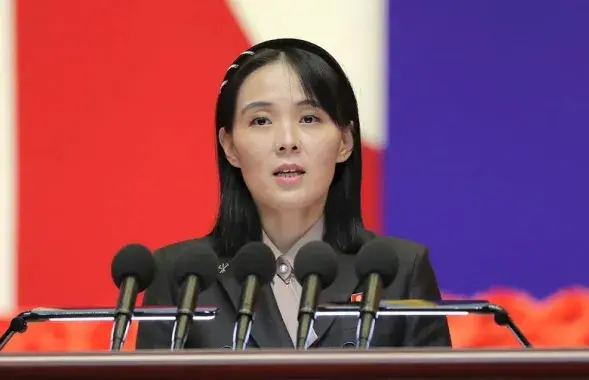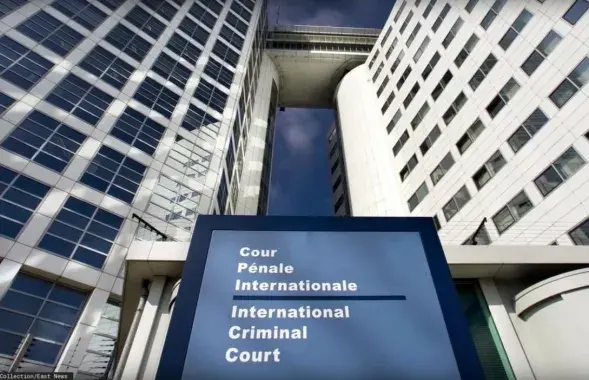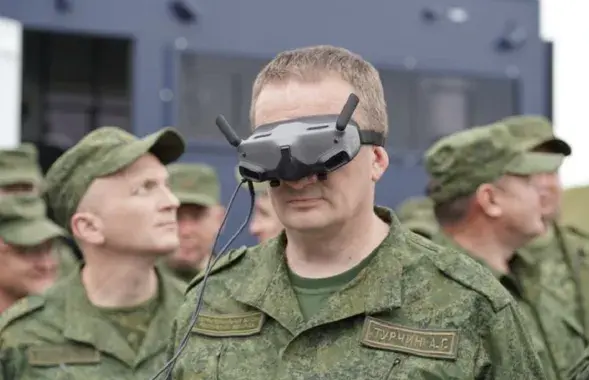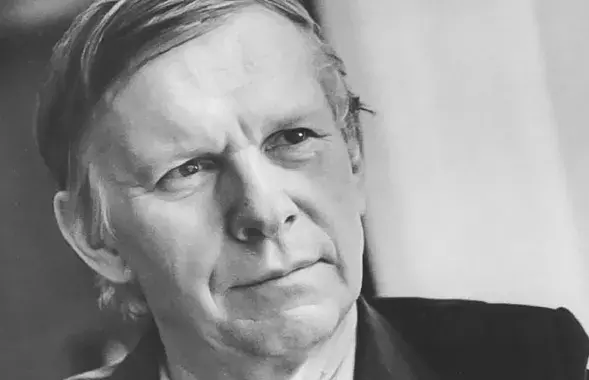Greenpeace's report in Minsk slams Russia's nuclear monopoly
Greenpeace activists describe the Russian nuclear energy corporation Rosatom as 'very corrupt' in their report released in Minsk.
International non-governmental environmental organization Greenpeace presented its Rosatom Risks report in Minsk. According to BelaPAN, the report contained an analysis of threats and risks associated with the activities of the Russian State Corporation for Atomic Energy, Rosatom.
The Russian company NIAEP JSC-ASE JSC, part of Rosatom structure, is the general designer and contractor for the construction of the first Belarusian nuclear power plant.
The report was presented by an activist of the Finnish branch of Greenpeace Eki Harkanen. He said that the organization's experts examined the activities of the Russian nuclear state corporation in Europe, as well as in Turkey and India. Environmentalists pointed out that in the last 10 years the international Rosatom had been growing, and their international counterparts shrinking. They described Rosatom as "very corrupt" Russian organ of state administration. According to them, corruption affects the quality of the constructed nuclear facilities. Harkanen noted that corruption in Rosatom was the reason that all the projects of the corporation grew out of budget, and their construction did not meet the deadline.
The presented reminded those present of dangerous objects erected by Rosatom. He said that they are concern about the Chelyabinsk complex nuclear reprocessing plant Mayak, which "endangers us all every day". He noted that in the Bulgarian nuclear power plant built by Rosatom, "there were emergencies, and even a blast in the reactor room". Harkanen also mentioned the incident at the construction site of the electric power plant Leningrad-2, where one of the walls of the reactor hall had twice collapsed.
However, a representative of Greenpeace said that the organization is not opposed in principle to Rosatom, as similar problems exist in all nuclear power corporations. But in Rosatom, he says, the problem goes too far.
Photos - greenpeace.org



















